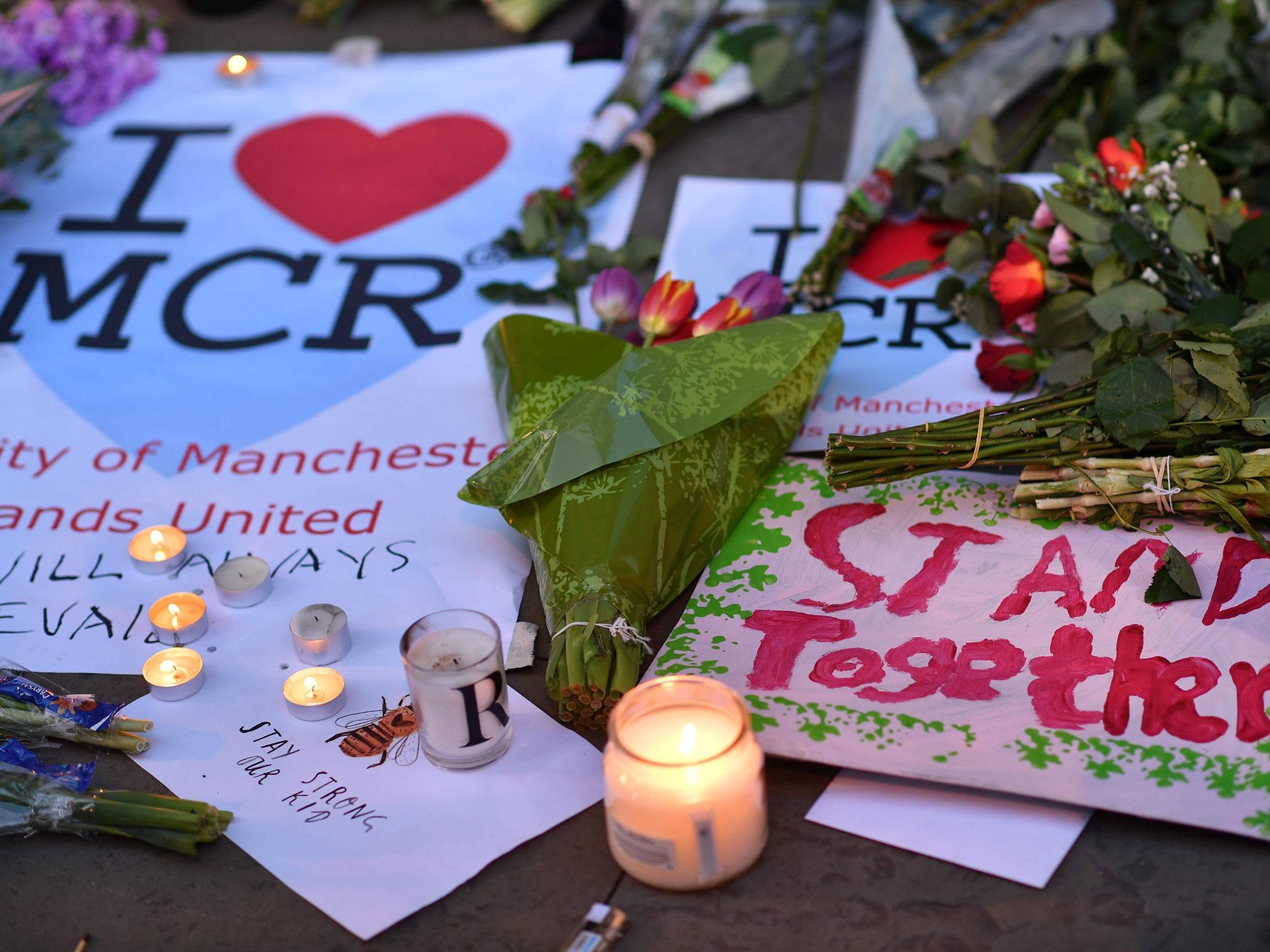What to do in a terror attack: Children to receive official guidance for first time in schools
Young people will be told to 'Run, Hide, Tell' in a film as part of a specially designed lesson plan

Potentially life-saving advice showing schoolchildren what to do if they are caught up in a terror attack is being made available to be taught in UK schools for the first time.
Young people aged 11 to 16 will be urged to run to safety, hide and tell police should they become involved in a gun or knife attack, in guidance said to go "way beyond the basic messaging" of previous campaigns.
An animated film, partly in the style of a comic strip, urges youths not to "waste time" taking pictures or videos of the scene, but instead to run away from danger.
The film, entitled Run, Hide, Tell - The Story Of Nur, Edih and Llet, and specially-designed lesson plans will be made available to schools and youth organisations from Tuesday.
It also advises young people on what to do should they see something suspicious, and an extra lesson teaching basic first aid is being made available.
The lessons are not compulsory, but schools are being urged to use them to ensure the younger generation is prepared in the "unlikely event" of a terror attack, Metropolitan Police Deputy Assistant Commissioner Lucy D'Orsi said.
Ms D'Orsi said: "Whilst we cannot make these lessons mandatory in schools, I would strongly urge education providers and youth organisations to consider delivering this life-saving information to the 11-to-16-year-olds in their care.
"We appreciate this can be a difficult subject to speak to young people about, but we've carefully designed everything to be age-appropriate and we know from our research that this is information that young people want to be equipped with."
The video and teaching materials, designed by counter-terror police and the PSHE Association, are available to download via the National Police Chiefs' Council website.
It follows a year in which the UK has been hit with three major terror attacks including an attack at the Manchester Arena at the end of Ariana Grande concert in May which appeared to be targetting young children.
Last month the Director General of MI5, Andrew Parker, said the UK was facing a terrorist threat as "multidimensional and evolving rapidly".
Speaking at a undisclosed location in central London, he said they can “accelerate from inception to planning to action in just a handful of days, exploiting safe space online which can make it harder to detect and gives us a smaller window to intervene”.
He said: “The threat is multidimensional, evolving rapidly, and operating at a scale and pace we have not seen before. We have seen a dramatic upshift in the threat this year. It’s the highest tempo I have seen in my 34-year career. Today there is more terrorist activity, coming at us more quickly, and it can be harder to detect.
“The threat is more diverse than I’ve ever known. Plots developed here in the UK, but plots directed from overseas as well. Plots online, complex scheming and also crude stabbings, lengthy planning, but also spontaneous attacks.
Mr Parker, who became director-general in 2013, said the security agency had foiled at least seven Islamist terror plots in the past year and there were 500 live operations under way targeting 3,000 people.
A further 20,000 people are on the counter-terrorism radar and many more who are not that could be radicalised.
Additional reporting by PA
Join our commenting forum
Join thought-provoking conversations, follow other Independent readers and see their replies
Comments
Bookmark popover
Removed from bookmarks